The “Thai Food, Global Food” policy has helped Thailand become the world's 15th largest food exporter, with a turnover of more than 40 billion USD/year.
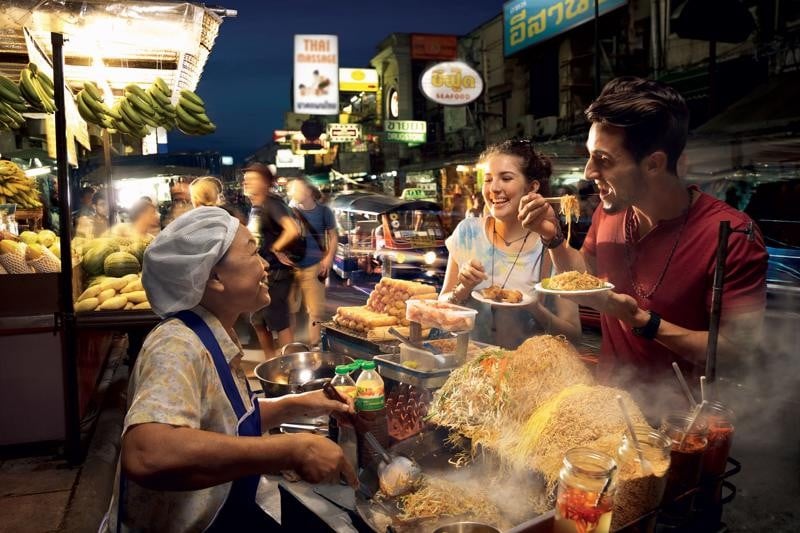 |
| Cuisine is a factor that contributes to the quality and brand of Thai tourism. (Source: Travel Weekly) |
Keeping up with the culinary experience trends of tourists, countries with developed tourism industries have long formed and developed many unique culinary cultural festivals.
According to the World Tourism Organization, up to one-third of tourists' spending on food is spent on food. Food is a factor that contributes to the quality and brand of tourism. Exploiting the value of culinary culture is an indispensable part of the tourism business of each country.
Tourist attraction factor
Thailand’s rich and diverse cuisine is one of the main factors that attracts tourists from all over the world. This country is a typical example of a country that always pays attention to protecting culinary culture and food safety.
Thailand is a typical example of a country that always focuses on protecting culinary culture and food safety. Since 1999, the project “Clean food good taste” has been implemented and has been very successful. Food processing facilities that meet the standards will be granted the “Clean food good taste” logo.
The Thai government also launched a “food safety year” to raise awareness among people and food production and processing establishments about human health.
According to statistics, more than 80% of the hundreds of thousands of street food stalls in Thailand meet food safety and hygiene standards after survey.
In addition, the “Thai Cuisine Soft Power” policy aims to make global people know and love Thai cuisine, boosting demand for products and services in this country.
With the above extremely effective outreach campaigns, the country has cleverly integrated culinary experiences when traveling in the land of pagodas.
For example, when visiting Thailand, visitors can also take part in Thai cooking classes, experience more about the culinary culture with a visit to a food market to understand local ingredients, before learning how to cook them at cooking schools.
Besides, the country also has restaurants that offer a true farm-to-table experience, by serving meals using a variety of chemical-free vegetables, melons, and fruits grown right on the farm…
In Bangkok, the 2-hour evening river cruise with Alangka Cruise will feature an international buffet (including seafood) over a 3-course candlelit dinner, accompanied by a traditional Thai classical dance performance while taking in the stunning views of Bangkok's famous temples and the Grand Palace at night on the river.
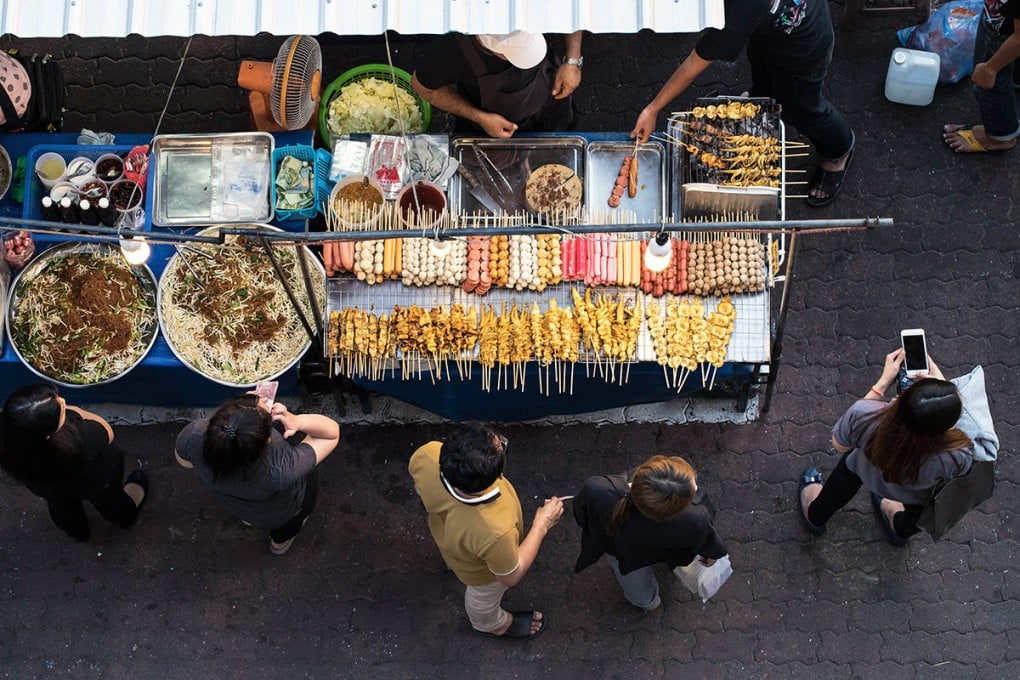 |
| A street stall selling fast food in Thailand. (Source: Agoda) |
Promoting "soft power"
Currently, Thailand offers visa exemption to 64 countries and territories - this number is not much compared to Indonesia (169), Malaysia (162), Singapore (162), Philippines (157). However, the number of international visitors to Thailand and their spending is always among the top in the world.
This proves that the Thai people’s ability to “pick the pockets” of tourists is very impressive. Of which, the majority of spending is on eating out at restaurants. Up to 35 restaurants in the land of golden temples will be awarded Michelin stars by 2023.
Cuisine is considered an aspect of “soft power” to stimulate tourism spending and help increase exports of local ingredients, as Thailand is among the top 15 exporters of key ingredients in the world, said Mr. Yuthasak, Governor of the Tourism Authority of Thailand (TAT).
Mr. Yuthasa stated that TAT's strategy is to attract tourists to explore regional and local destinations through a variety of dishes.
TAT targets 2.3 trillion baht ($65.4 billion) in tourism revenue this year, with the food and beverage sector contributing about 20 percent of total revenue. By 2027, the agency expects food and beverage spending to account for at least 25 percent of total tourist spending.
To achieve this goal, the TAT is working on new promotional plans for the next fiscal year and expects to finalize a proposal to the new government next month, according to Mr. Tanes Petsuwan, TAT Deputy Governor for Asia and the South Pacific. Key strategies aim to promote high-value tourism, meaningful tourism and sustainability.
In particular, Thai authorities are coordinating with partners such as airlines, travel agents, theme parks, restaurants, and hotels to market, promote, and advertise tourism.
Accordingly, focus on promoting the 5F fields: Food, Festival, Fashion, Film and Fight.
Thailand's Department of Business Development (DBD) is also planning to use street food trucks to stimulate tourism and attract more international visitors.
According to The Nation (Thailand) website: "Fast food trucks can encourage tourists to come to Thailand just to enjoy food or drinks that cannot be found anywhere else in the world!"
Source










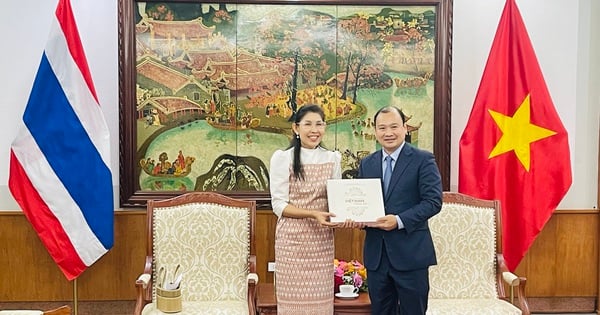

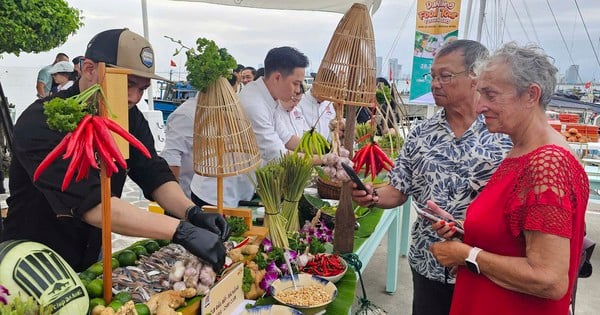
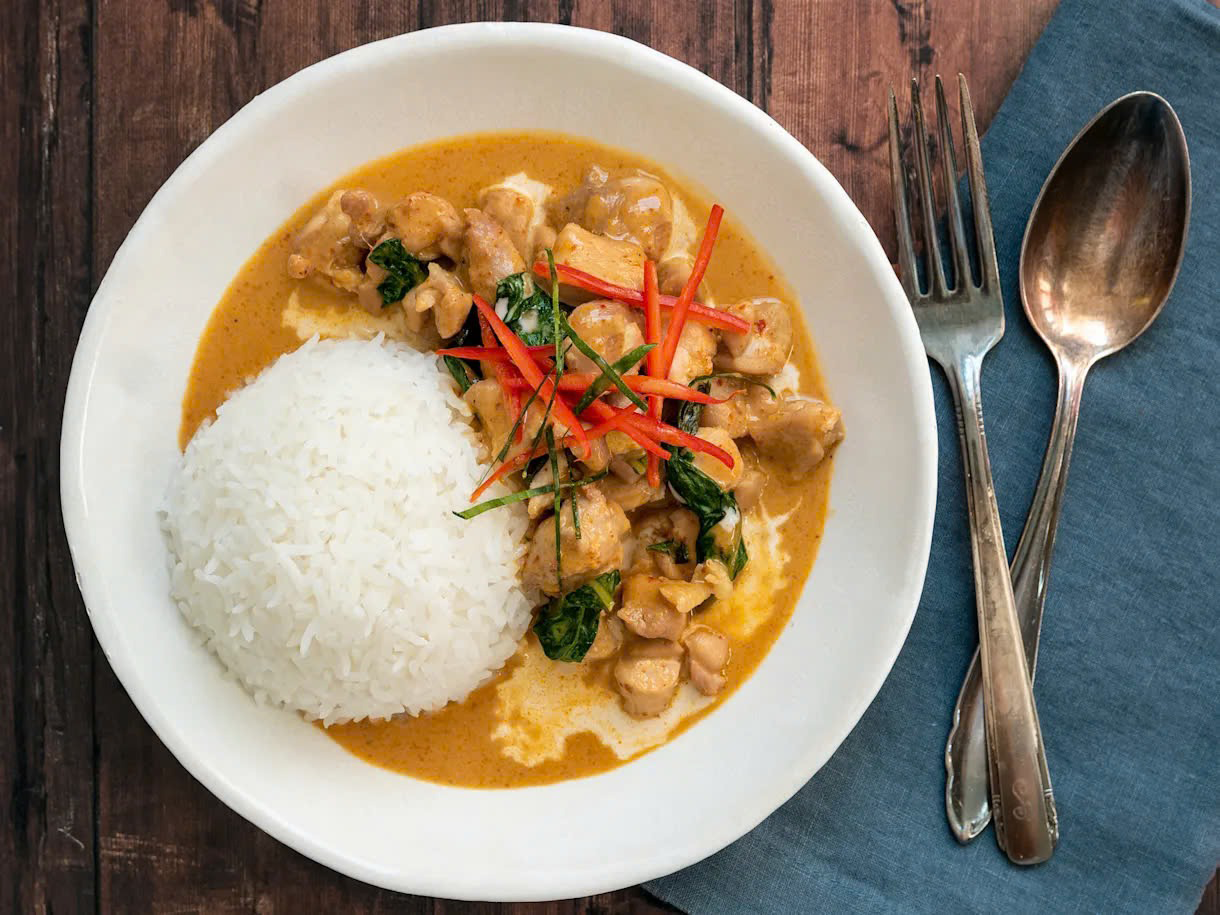



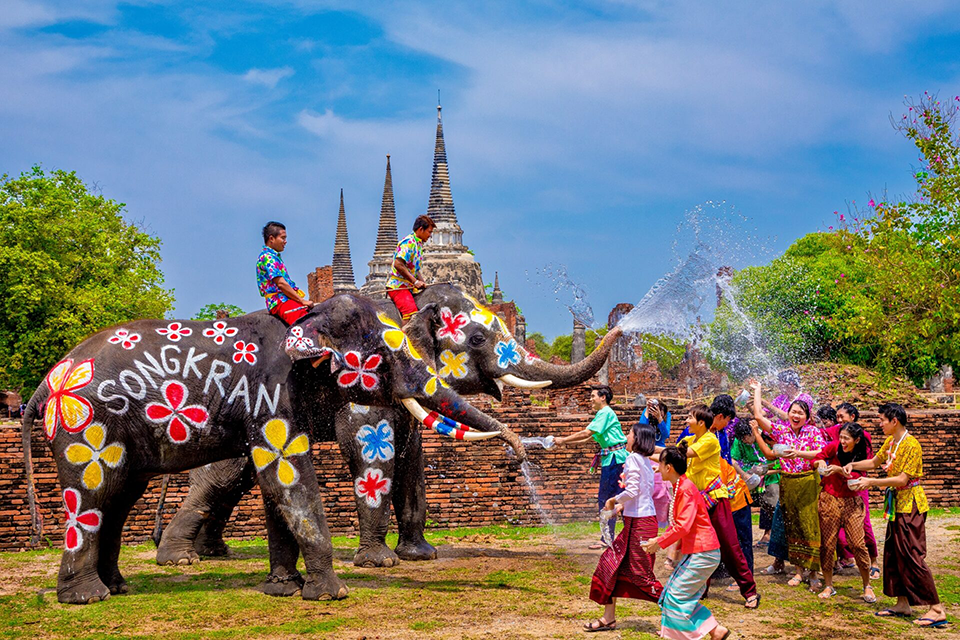
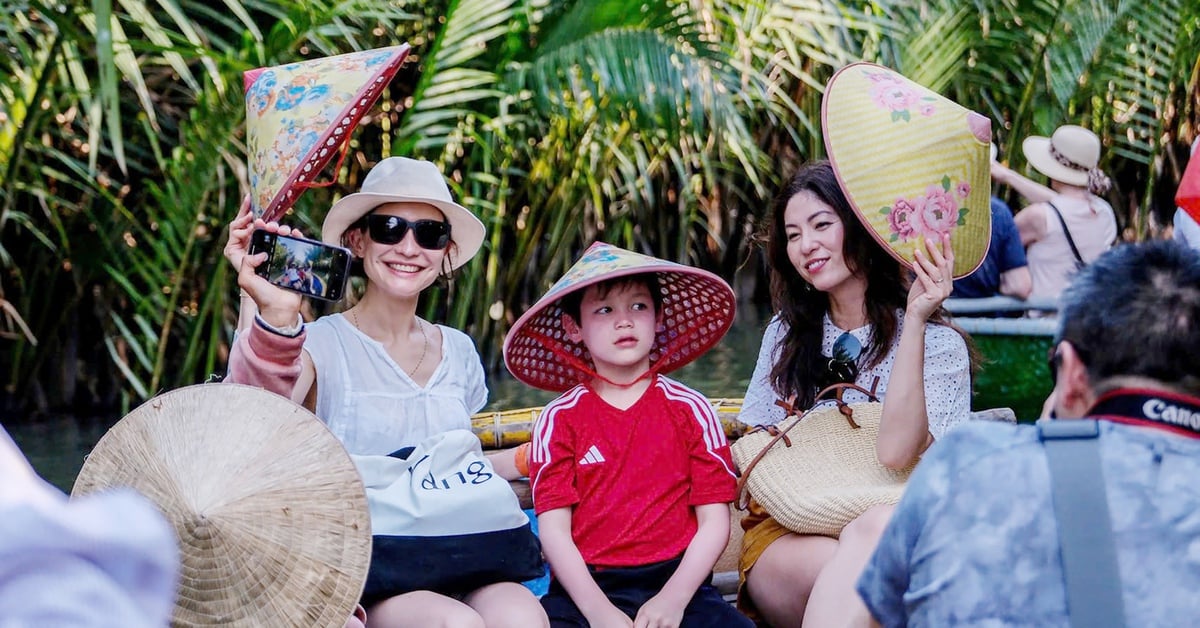

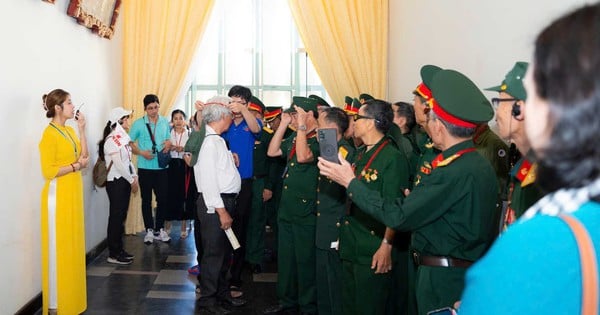
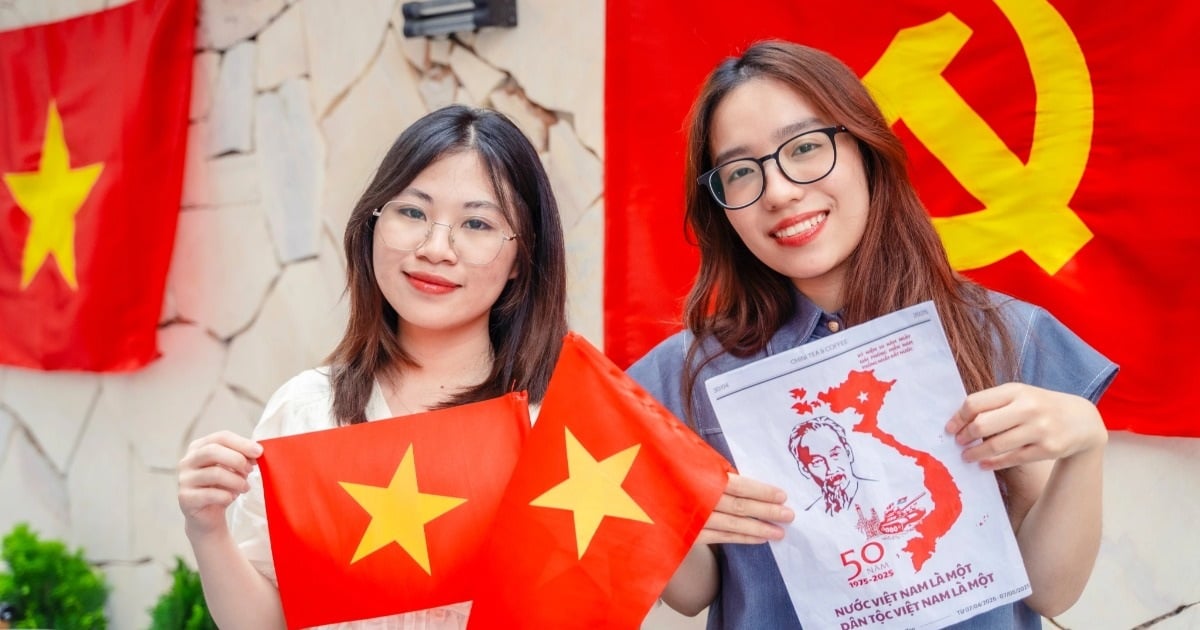

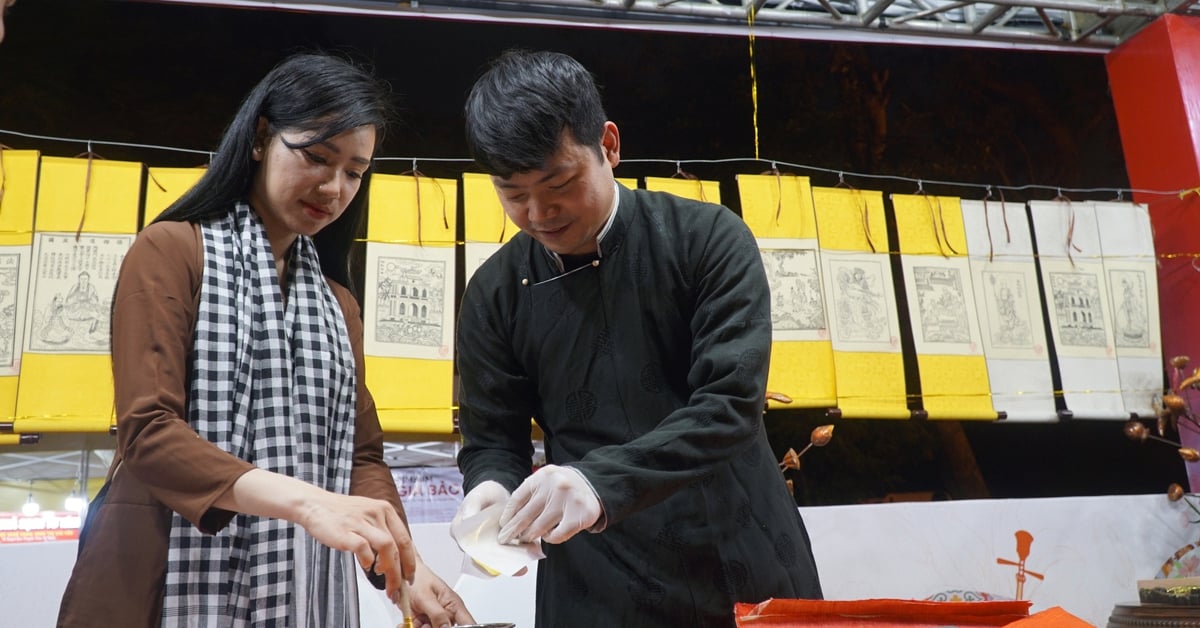



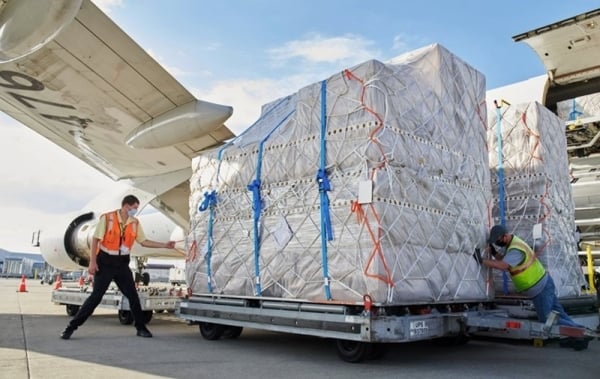



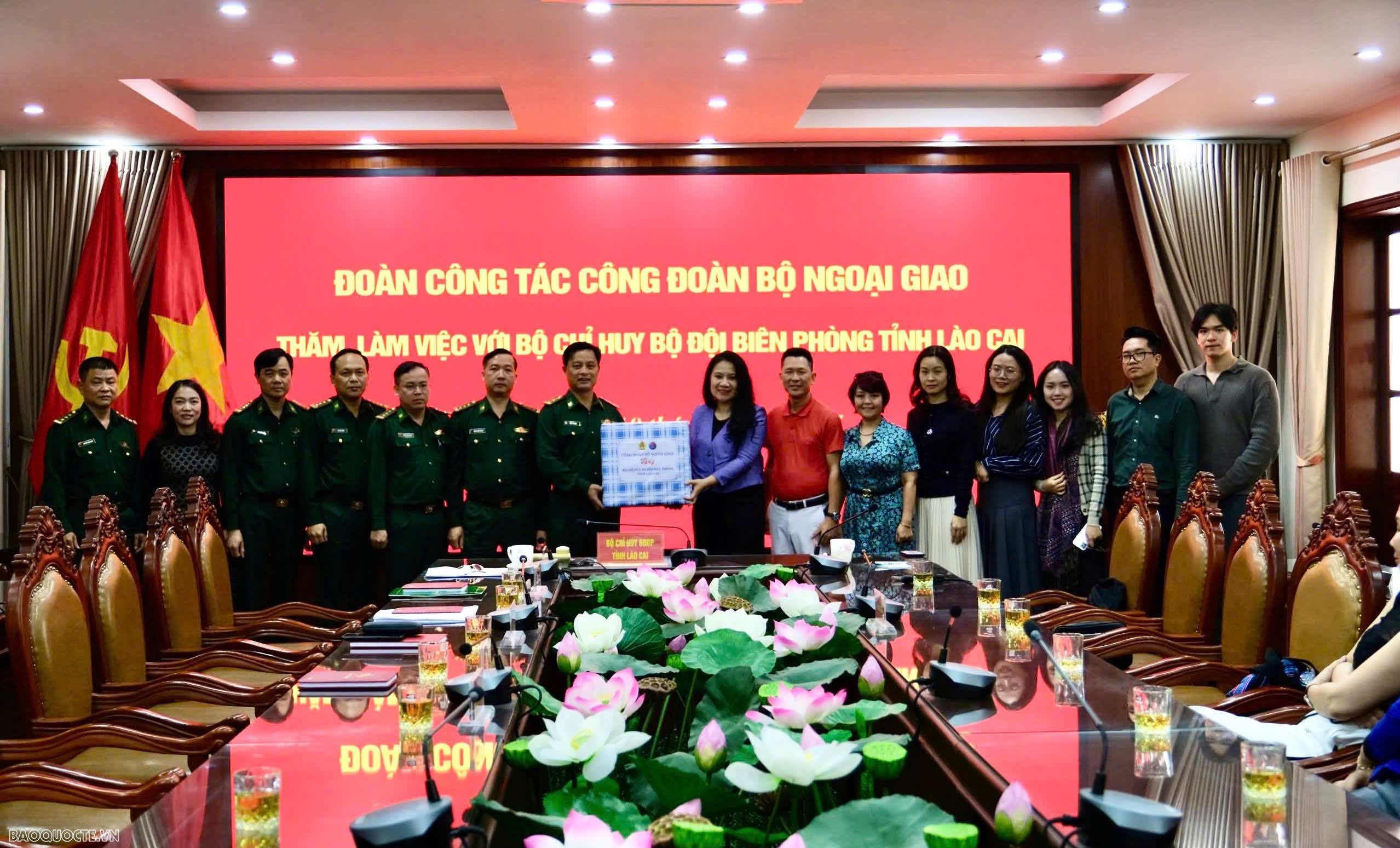


![[Photo] "Beauties" participate in the parade rehearsal at Bien Hoa airport](https://vstatic.vietnam.vn/vietnam/resource/IMAGE/2025/4/11/155502af3384431e918de0e2e585d13a)




































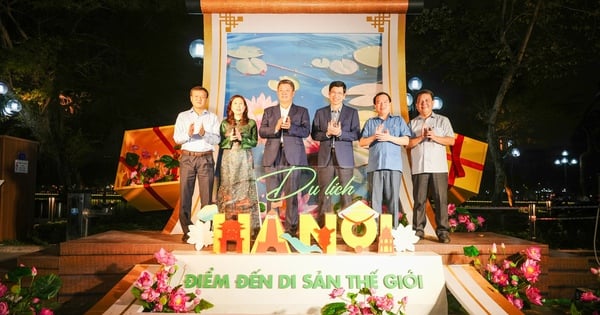
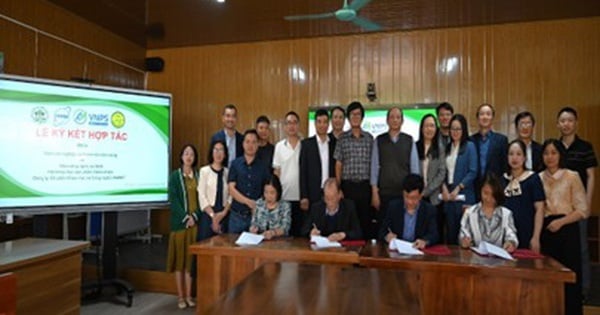


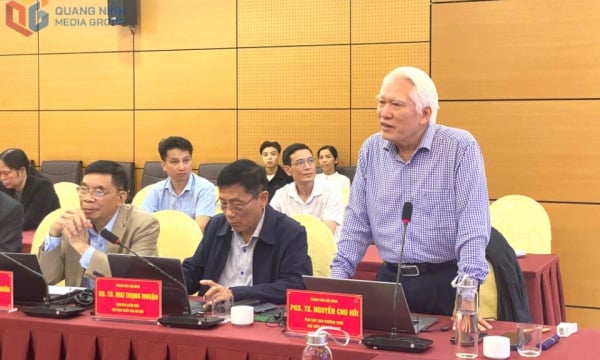






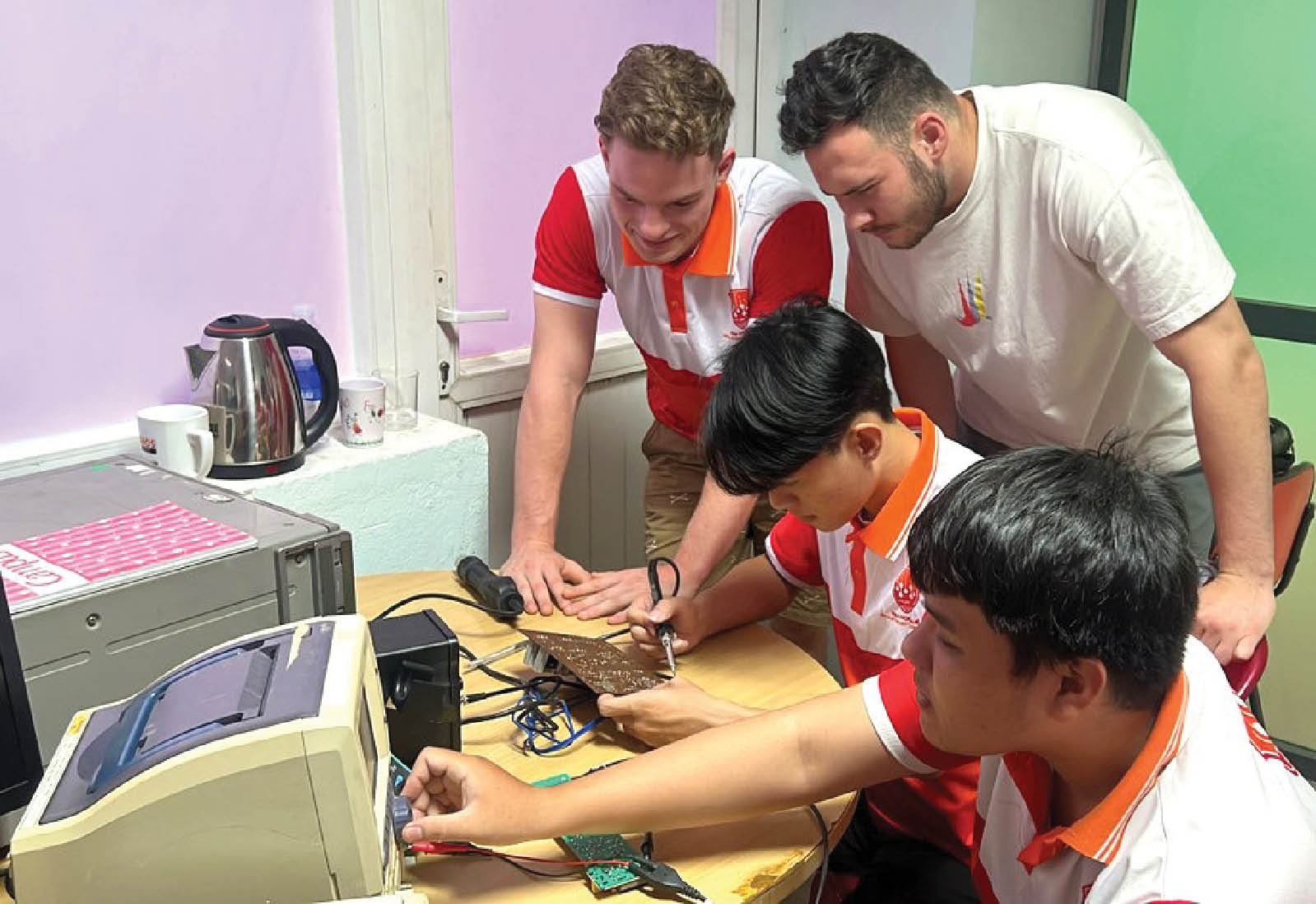

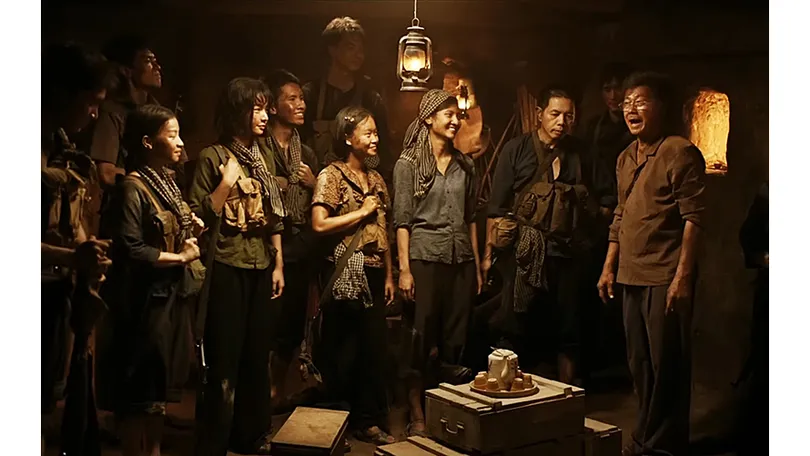











Comment (0)